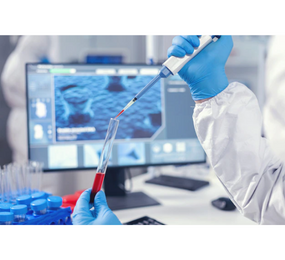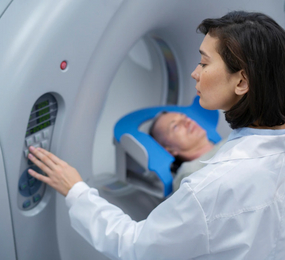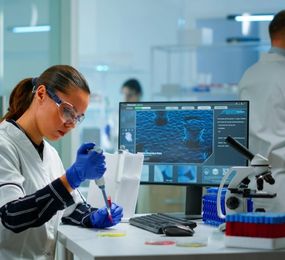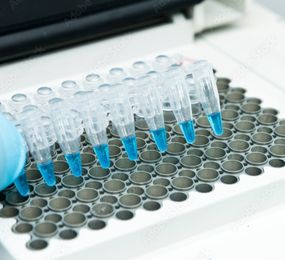Continuous Bioprocessing: Benefits and Implementation Challenges
Continuous bioprocessing is revolutionizing the biopharmaceutical industry by offering a more efficient and streamlined alternative to traditional batch processing. This innovative approach involves the uninterrupted flow of biological materials through production stages, enhancing productivity and product consistency. One of the primary benefits of continuous bioprocessing is its ability to reduce manufacturing time and costs. By maintaining a steady state, it minimizes downtime and resource consumption, leading to higher yields and more efficient use of equipment and facilities.
Moreover, continuous bioprocessing improves product quality and consistency. The constant operation allows for real-time monitoring and control, reducing the risk of contamination and variability between batches. This consistency is crucial for the biopharmaceutical industry, where product quality and safety are paramount.
However, implementing continuous bioprocessing poses significant challenges. The initial setup costs can be substantial, requiring sophisticated equipment and infrastructure. Additionally, the industry needs to develop robust regulatory frameworks to ensure the safety and efficacy of continuously produced biopharmaceuticals. There are also technical hurdles, such as integrating continuous processes with existing batch-based systems and ensuring the stability of biological materials over extended periods.
Despite these challenges, the potential benefits of continuous bioprocessing make it a promising advancement in biomanufacturing, offering a pathway to more sustainable and efficient production.
Visit our website to know more: https://www.leadventgrp.com/events/2nd-annual-bioprocessing-and-biologics-forum/details
For more information and group participation, contact us: [email protected]
Leadvent Group - Industry Leading Events for Business Leaders!
www.leadventgrp.com| [email protected]
















